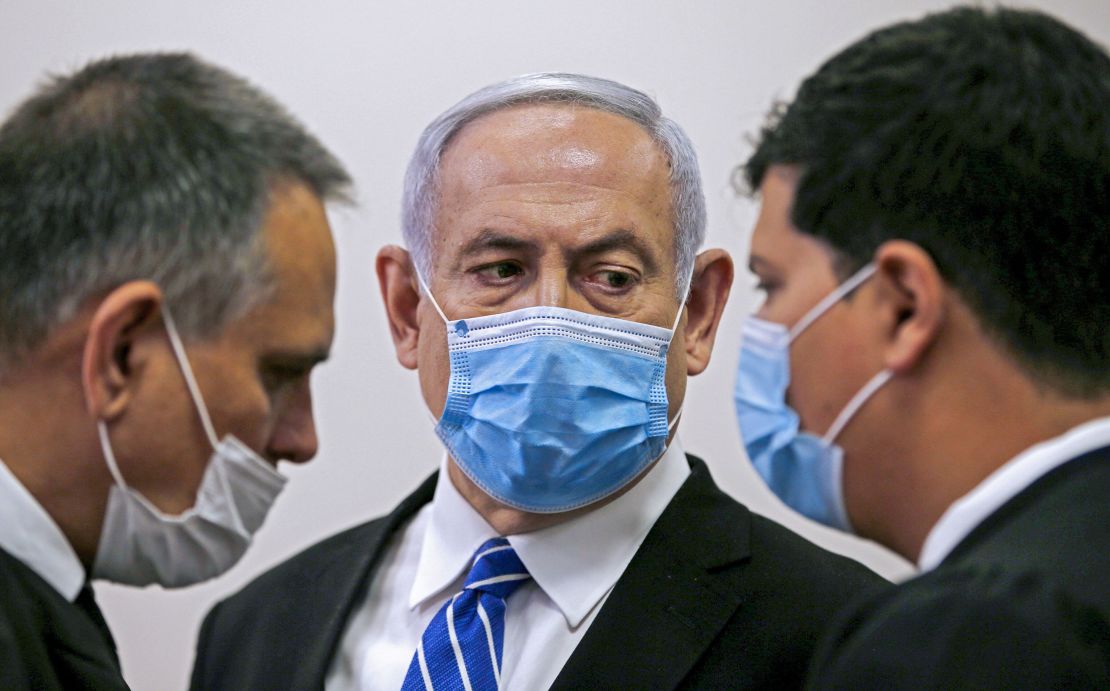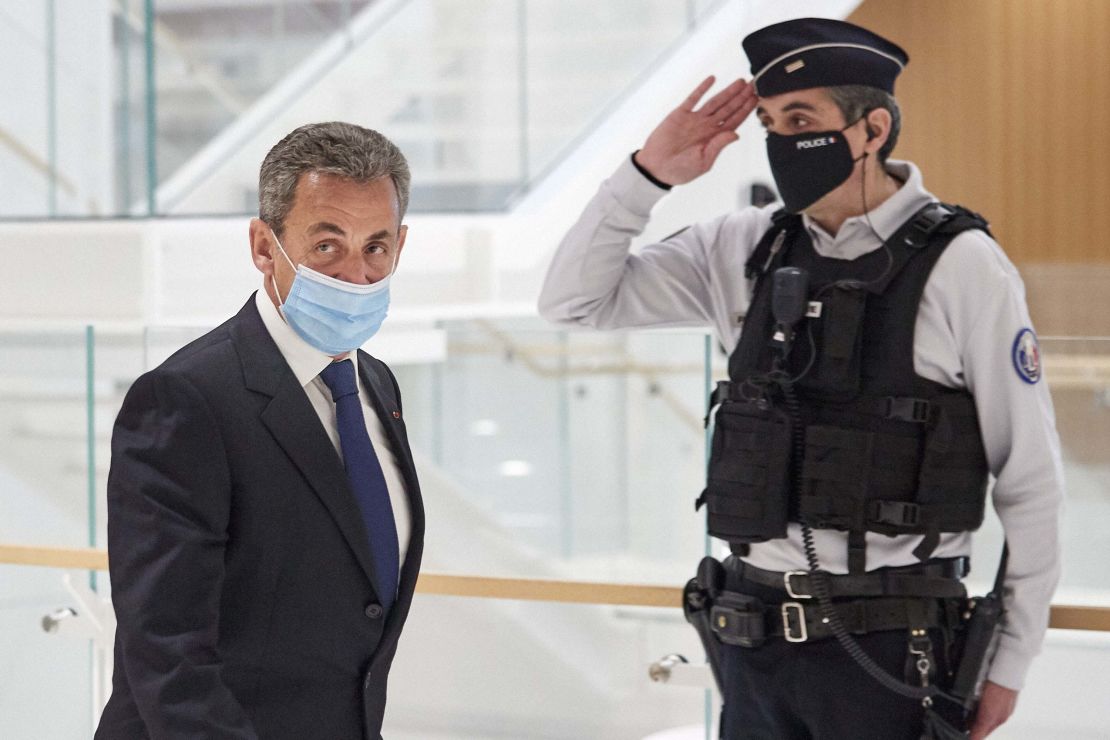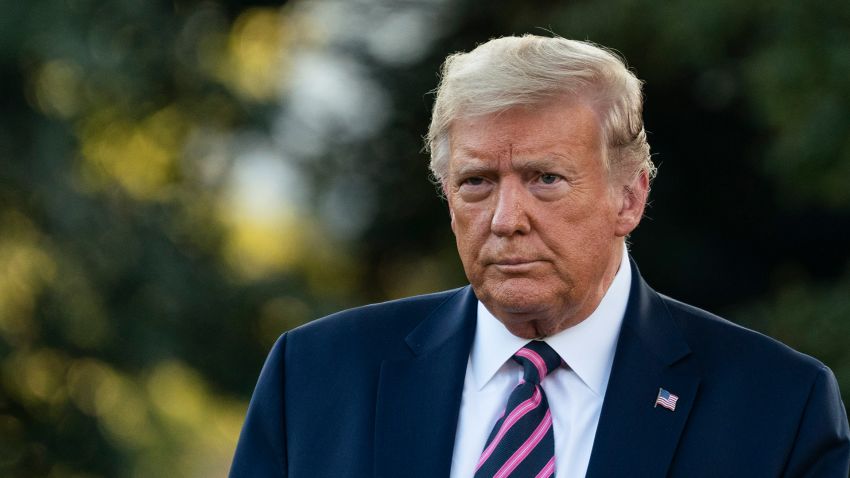Editor’s Note: Arick Wierson is an Emmy Award-winning television producer and former senior media adviser to former New York Mayor Michael Bloomberg. He advises corporate clients on communications and political strategies in the United States, Africa and Latin America. Follow him on Twitter @ArickWierson. Read more opinion on CNN.
Ever since last Saturday when former President Donald Trump predicted on his own social media outlet that he would be arrested the following Tuesday — a prediction that has yet to come to fruition — the entirety of the American media and political firmament quickly jumped from so-called “indictment watch” to all out “fever pitch” as it began contemplating the myriad implications of a former President of the United States being indicted and facing possible felony prosecution.

Over the past week, some commentators have appeared gobsmacked by the unprecedented nature of this turn of events for the twice-impeached former president.
But really?
The idea of prosecuting a former head of state is actually a fairly normal occurrence in the course of a functioning democracy — just not one that has transpired in this country.
Since 2000, in over 75 countries around the world, according to Axios research, heads of state who left office have been prosecuted or jailed — including in vibrant and strong democracies like Israel, France and South Korea.
Israeli Prime Minister Benjamin Netanyahu has been defending himself against charges of fraud, breach of trust and taking bribes for nearly three years and former Israeli Prime Minister Ehud Olmert was released from prison in 2017 after serving two-thirds of a 27-month sentence for fraud.
Back in 2021, France’s former President Nicolas Sarkozy was found guilty of illegal campaign financing and received a one-year jail sentence. And in that same year, former South Korean President Park Geun-hye was released from prison after serving nearly five years following a corruption conviction.


In 2019, then former Brazilian President Luiz Inácio Lula da Silva was released from prison after serving a year and a half of a 12-year corruption sentence — and went on to successfully win back the presidency in 2022. In fact, there are plenty of recent cases involving the prosecution and jailing of former Latin America leaders. Take Peru for example where all but one of its former presidents since 1985 has been arrested or charged with criminal offenses.
Whether it’s former South African President Jacob Zuma or Taiwan’s former President Chen Shui-bian or Malaysia’s former Prime Minister Najib Razak — across the globe, former leaders are regularly prosecuted, convicted and given time behind bars for offenses stemming from corrupt business dealings, elections hijinks, or misdeeds that occurred while serving in office.
Prosecuting a former leader for wrongdoing isn’t sand in the gears of democracy; it’s a feature that keeps in check future leaders and reassures a nation that no one person, no matter his or her rank and influence, is above the law nor immunized from accountability.
America needs to take a deep breath and realize that if Manhattan District Attorney Alvin Bragg ends up prosecuting Trump in the case relating to hush money payments to adult-film star Stormy Daniels in the run-up to the 2016 presidential election, it won’t be the end of the world.
Nor will the sky begin falling if Fulton County District Attorney Fani Willis ends up charging the former president with racketeering and conspiracy charges related to Trump’s attempt to overturn his 2020 loss in the state. Or if Special Counsel Jack Smith ends up prosecuting Trump for any number of alleged offenses he committed either during or after his time in office. We don’t know if Trump will be charged in any of these investigations but if he is, American democracy will not only be OK, it will be stronger as a result.
America has already had its share of presidential public corruption scandals. From the imbroglio surrounding Ulysses Grant’s Whiskey Ring in the late 19th century to Warren Harding’s infamous Teapot Dome Scandal of the early 1920s to Richard Nixon’s role in Watergate and Ronald Reagan’s involvement in the Iran-Contra affair — US presidents have often found themselves in the crosshairs of the justice system, and in many cases their close aides ended up serving time in prison.
In each of these cases, however, the president himself was spared prosecution, which ended up, over time, creating something of a mythos — entirely separate from the Constitution — that prosecuting or jailing a former president was overly divisive or unbecoming of the world’s most powerful nation.
But now it’s time for Americans to make peace with the fact that for every remarkable president that we have been fortunate to have leading us through times of war and uncertainty, occasionally, like any other country on earth, we will get a bad apple in the White House.
And using the powers of the justice system to hold these bad actors to account is not only called for — it will actually strengthen Americans’ belief in our justice system. And, as presaged in the opening line of our own Constitution, it will put our nation one step closer to becoming a more perfect union.



